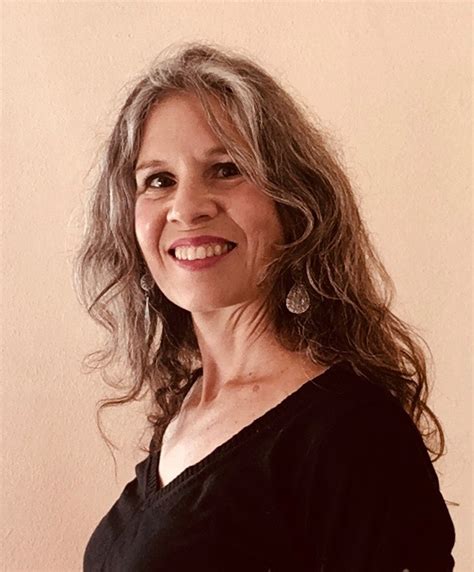A Quote by Mal Peet
Everyone who sits on a sofa watching 'Match of the Day' is a top soccer expert, as you know. So if you start to worry about such people reading your story and saying, 'That'd never happen' you're going to freeze up. You're writing fiction, and your characters can do whatever you need them to do.
Related Quotes
The best way is always to stop when you are going good and when you know what will happen next. If you do that every day ... you will never be stuck. Always stop while you are going good and don't think about it or worry about it until you start to write the next day. That way your subconscious will work on it all the time. But if you think about it consciously or worry about it you will kill it and your brain will be tired before you start.
Your teacher cannot bridge the gap between what you know and what you want to know. For his words to ‘educate' you, you must welcome them, think about them, find somewhere for your mind to organize them, and remember them. Your learning is your job, not your teacher's job. And all you need to start with is desire. You don't need a schoolteacher to get knowledge - you can get it from looking at the world, from watching films, from conversations, from reading, from asking questions, from experience.
Friendship is the bestiest thing that comes to life . Friends will always be there for you don't worry about the fakes worry about the people who had your back from the start and never treated you wrong always remember they are your real friends don't never take them as granted because one day your going to lose a good friend by the way your action's are when you see a good friend stick to that person .
Writing fiction lets you be a little more emotional and unguarded, a little freer. Writing fictional characters is also really different from writing about real people. In nonfiction, you can only say so much about the people you interact with. After all, they're actual people, their version of their story trumps yours. In a novel, you can build a character, using certain parts or impressions of someone you know, and guessing or inventing others, without having to worry that your guesses or memories or inventions are wrong.
It's funny what [producer Richard Zanuck said about even though you can't quite place when the book or the story came into your life, and I do vaguely remember roughly five years old reading versions of Alice in Wonderland, but the thing is the characters. You always know the characters. Everyone knows the characters and they're very well-defined characters, which I always thought was fascinating. Most people who haven't read the book definitely know the characters and reference them.
When I have a writing workshop, I like to have people that are anthropologists and people who are poking around in other fields, I like to have them all in the same workshop, and not worry about genre. I like to mix it up, because the kind of comments you can get from a fiction writer about your poetry are going to be very different than what you'll get from a poet. Or the comments you'll get from a filmmaker about your performance are going to be very different. My writing workshop is about mixing it up, cross-pollinating, not only in genres but in occupations.
When I'm writing a script, I don't worry about plot as much as I do about people. I get to know the main characters - what they need, what they want, what they should do. That's what gets the story going. You can't just have action, you've got to find out what the characters want. And then they must grow, they must go somewhere.
THE MAGIC AND THE DANGER OF FICTION IS THIS: it allows us to see through other eyes. It takes us to places we have never been, allows us to care about, worry about, laugh with, and cry for people who do not, outside of the story, exist. There are people who think that things that happen in fiction do not really happen. These people are wrong.
You learn so much with each book, but it's what you teach yourself by writing your own books and by reading good books written by other people - that's the key. You don't want to worry too much about other people's responses to your work, not during the writing and not after. You just need to read and write, and keep going.
I taught everyone a very bad lesson at my publisher because they actually gave me deadlines this time and I'm now meeting them. I used to say, "Here's my book; it's six years late." I'm so much faster now, and work differently. With all the years of writing, I think I still draft as obsessively, but I think back to writing. On your first story, you start at draft one. On your second story, you start at draft ten. On your third story, you start at draft one hundred. If you need a hundred and eight drafts, you may write eight instead of a hundred and eight.
I really don't watch enough TV to know about the impact. In my experience as a TV writer, I would say is the exact opposite - it's very constricted, all having to conform to a form. My sense of fiction writing is not to think about rules but to be driven by the characters and their stories. I often ask myself what's at risk here, who needs what, and how are they going to get it. There has to be a reason for the reader to stop living their own life and start reading your book.
I've never written a fiction before about real people. . . . I read everything that I could find by people who met them and tried to get some impression of them, but as always when you write fiction, even if you have completely fictitious characters, you start by thinking of what is plausible, what would they say, what would they be likely to do, what would they be likely to think. At some point, if it is every going to come to life, the characters seem to take over and start speaking themselves, and it happened with [COPENHAGEN].


































